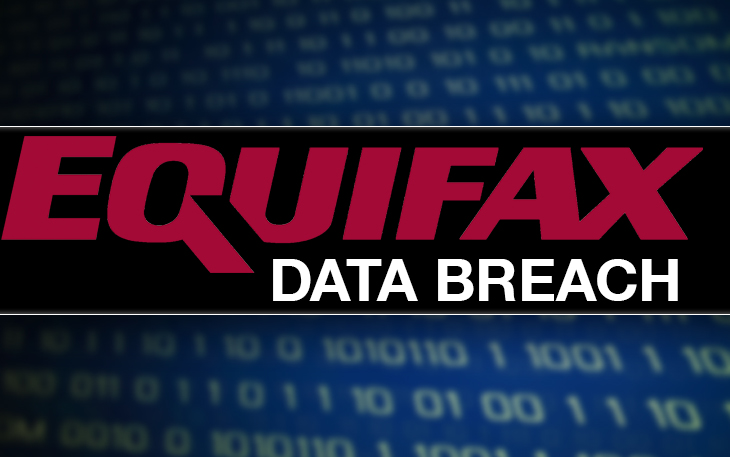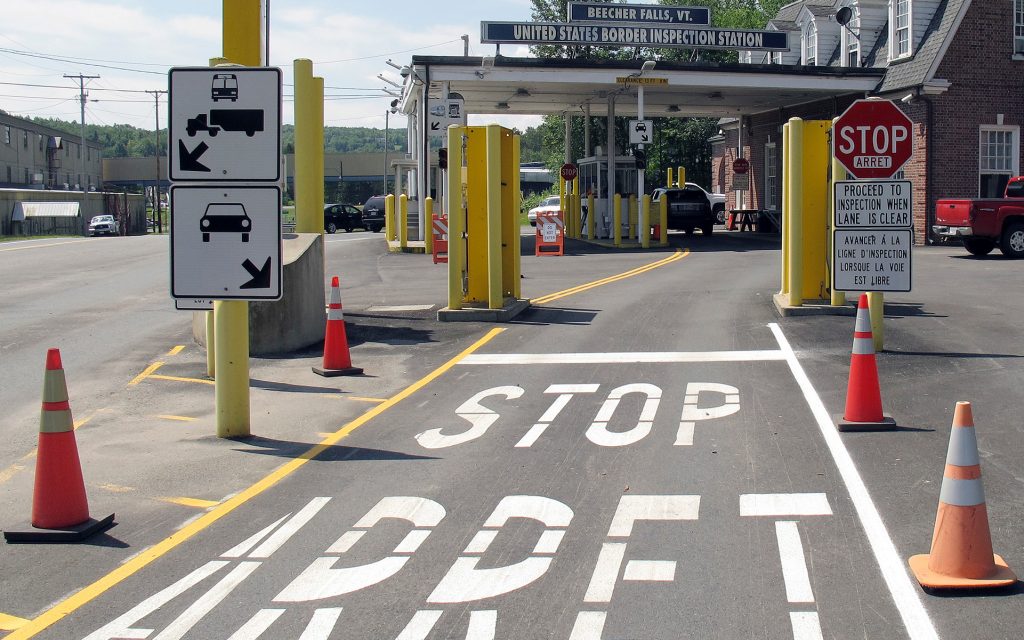Why Bitcoin? Characteristics of Distributed Ledger Technology
Part 6: How the blockchain and distributed ledgers set Bitcoin apart.

Share this article
In this series on Bitcoin and money, Crypto Briefing takes a deep dive into the complexities of the modern monetary system and how Bitcoin, as the ultimate hard money, can serve as a solution to many of its problems.
In Part Six of the series we start to resolve some of the issues laid out in the first chapters—specifically regarding why Bitcoin and other blockchain-based models exemplify a new economic reality in which self-sovereignty, data privacy, and trustlessness have value. The full nine-part series is available here.
Bitcoin and Money—Recap
From the history of money to Bitcoin as ‘digital gold’ and global economics, with a brief visit to the banking system, we’ve already seen that Bitcoin delivers the qualities of hard money – while avoiding some its pitfalls. Yesterday we discussed how major political systems tend to lead to gross over-centralization.
Now, let’s examine what makes distributed ledger technology uniquely able to revolutionize the way money works; and how it could change economies for the better.
Digitally Scarce and Decentralized
Up until the inception of blockchain technology, digital scarcity on a decentralized network was an impossibility. If you wanted to duplicate any piece of data, it was merely a matter of copying and pasting, moving a copy of information from one place to another anywhere in the digital landscape. The idea of a decentralized digital money would have been ridiculous, since anyone anywhere could simply make copies of infinitely more money, thus instantly devaluing any such form of currency.
This continues to confuse many people today who fail to see how a digital currency like Bitcoin could possibly have any value—being that it is digital and therefore, in their minds, not scarce and infinitely reproducible.
The usage of currencies in modern economies has depended on centralization to protect data from any such malfeasance. Trusted authorities must keep tabs on virtually all significant transactions.
Banks fulfill this role, retaining all such trades, along with personal information of clients, in centralized ledgers that record the movement of currency from one party to another. These central ledgers require a great deal of security and trust; if anyone is able to compromise such crucial treasure troves of personal and monetary data, all hell can break loose in the financial system.

By using a decentralized blockchain system, digital information can be scarce, as well as much more secure from tampering. Since all participants in a distributed ledger network can verify the transactions of the entire network and record the information in a public ledger, digital information takes on characteristics of uniqueness and scarcity that would otherwise be impossible.
All participants can observe the shared ledger and verify any transaction, with the possibility for “miners”—participants in the network who verify all transactions—earning a block reward, which is generated on a mathematically-fixed schedule that fixes the production of new bitcoins to take place approximately every ten minutes.
This reward diminishes over time so that the scarcity of bitcoins gradually increases, causing a constriction in supply and consequently greater potential market demand for the asset, much like gold.
With miners incentivized to ensure all transactions are legitimate, any manipulation or duplication of funds in this scenario is simply rejected by the network, thus protecting the scarcity of Bitcoin assets.
In a distributed ledger, data, in a sense, becomes physical, in that it exists in its own uniquely identified “space” apart from other data.
Bitcoin is Immutable
This contributes to a crucial element of a true cryptocurrency: immutability. For a money to be truly useful and trusted, transactions must be final once completed.
If an individual could simply alter the recorded transactions to make money return to an account from which it was supposed to be sent (referred to as double spending), the entire network would no longer be trusted.
The Bitcoin protocol protects against this with its enormous hashing power. As computers continuously labor to ensure veracity in transactions, the network prevents any dishonest activity from being executed by malicious actors.
In this sense, Bitcoin has the same sort of finality as handing cash over to someone; once the money is handed over, the recipient holds the funds. The transaction is complete and can not be undone just by saying so.
Due to the public visibility of the ledger and the verifiability of any transactions on the network, any such movement of money cannot be undone without network participants knowing about it and rejecting such an attempt. The enormous computational power of the Bitcoin network acts as a shield against dishonest behavior that has undone smaller networks who do not enjoy the same level of adoption.
Thus, the network effect contributes greatly to the immutability, and therefore, the security of Bitcoin.

Fiat currency enjoys no such scarcity or immutability. It is duplicated with ease on a constant basis through the simple act of printing and minting.
The easy reproduction of fiat currency, as examined in the topics of quantitative easing and fractional reserve banking, is a key flaw in its utility as a form of money that contributes directly to its inevitable devaluation.
Permissionless and Censorship-Resistant
Bitcoin is a permissionless currency. This concept is extremely important to understand and its significance can not be overstated. With any form of fiat currency, certain governmental and financial powers must grant the user permission to participate. This is becoming more problematic as the world trends toward cashless transactions for the vast majority of all monetary interactions.
In the typical bank account client experience, a user must submit personal information and deposit funds to begin participating in the financial system. Any transactions to other parties must be monitored by central authorities such as banks, who must oversee centralized ledgers and keep accurate records. Such authorities may even reject certain transactions if they are deemed unsuitable for whatever reason, such as sending funds to a sanctioned country, for example.
Of course, from time to time, there are good reasons for such precautionary measures, such as protecting against the funding of terrorism, for example. It should be noted, however, that all forms of money can be, and often are used for such activities, as we learned when we examined the criminal behaviors of banks in chapter four.
More importantly, permissionless money acts to remove the center from the monetary system. It decentralizes money so it can be transacted freely between parties without the need for enforcement or coercion.
It is sometimes referred to as “free speech money” for this reason, as it can not be censored. Users can simply create a digital wallet and receive Bitcoin from a sender through the decentralized network, without any need for a central party to give permission for the transaction.
Money freely flows through the network—not vulnerable or stoppable at any singular point—and is thereby censorship-resistant.
This permissionless characteristic disarms banks from their central position of strength in the economy, undermining their role as gatekeepers in the financial system by simply going around them like one might walk around a gate without a fence.
Bitcoin is Borderless
Due to Bitcoin’s decentralized nature, it does not face the same difficulties that fiat currencies do when encountering national borders. Since the currency is not settled between any pair of sovereign banks, borders are meaningless.
Recipients can simply give a sender a designated address, to which the sender issues funds. The network does the rest, verifying transactions in the same manner that it would if you sent the funds to a person standing next to you.
This takes away the power of fiat currency issuers who strictly control the movement of currency, especially from one country to another, in an effort to maintain some sort of balance between a variety of relatively weaker and stronger currencies around the world.
Bitcoin is, therefore, a form of money and currency that knows no borders and is not tied to the sovereignty of any given nation.

Bitcoin is Trustless
In a nutshell, Bitcoin is a peer-to-peer decentralized network in which participants can verify all transactions on an open ledger. This monetary system requires no trust. Since all participants can verify the transactions on the network, the need for trust disappears.
The innovation of decentralization removes the need to entrust any central party with the task of verification and eliminates the ability to lie or cheat with anyone else’s money. Bitcoin’s applications extend beyond money to all forms of data. “Honeypots” filled with millions of accounts and reams of personal data, concentrated on central servers just waiting to be attacked, do not exist in this system either.
The decentralized nature of blockchain technology allows for much greater security in regards to personal information and digital identity. No singular target with troves of sensitive information exists, as users can store all necessary information in secured and private digital assets without the need to share information with any other parties. This negates the possibility of “hacks” as have been witnessed on numerous occasions with centrally stored data.
Trustlessness can be extended in a virtually infinite variety of innovations with smart contract technology. Contracts can be set out with specific criteria that, once conditions are met, are executed automatically, with no need to trust any participants to complete contractual obligations. Because the conditions are executed by programmable parameters, there is no need for an intermediary to ensure that obligations are met.
Smart contract technology is still in its relative infancy and has a lot of growing up to do, but the potential applications are wide and varied, from supply chain transparency to financial services to digital identity and records management.
The technology does suffer from some limitations, being that contracts in the digital world still often need some sort of third party executor to be applied to the physical world, but it does offer interesting applications and will undoubtedly spark further innovations in the future.
Bitcoin is Revolutionary
The innovation of decentralized blockchain technology should not be underestimated. When Johannes Gutenberg created a machine that used movable type centuries ago—the printing press—nobody could imagine how it would change the world.
Information stored in books, once enormously expensive and time-consuming to produce, could be duplicated in moments. Knowledge regarding innumerable topics including spirituality, philosophy, mathematics, and science were promptly decentralized. New ways of thinking and understanding spread across Europe in a brief period of time, challenging the long-assumed and accepted roles of central authorities throughout the continent, and eventually, the world.

These once-centralized forms of data, entrusted to authorities such as the nobility and the church, became available to the masses through technological innovation. Sovereignty over all kinds of knowledge was suddenly available to almost anyone. Access to a technology that allowed for the decentralization of data enabled a massive shift in the self-sovereignty of citizens.
It was the printing press, a tool for the decentralization of information, that sparked an enormous boom in discovery, innovations, and creativity in the Age of Enlightenment and later, the Industrial Revolution.
In terms of its potential revolutionary impact, Bitcoin is the modern equivalent of the printing press. It wrests control from central authorities and enables the individual to secure sovereignty over one’s own data, including direct and unique control over one’s own wealth.
The decentralizing innovations of blockchain technology may cause a similar paradigm shift to take place as the printing press once did, except on an even broader scale; changing the way all information is secured and shared.
Bitcoin revolutionizes information and money, in particular, moving the global economy forward in ways we may not yet understand or foresee.
In Part Seven, we will begin to consider more closely the implications of Bitcoin adoption for centralized powers; and we’ll examine specific cases in which the digital currency is beginning to reshape society to resist authoritarianism.
Share this article
